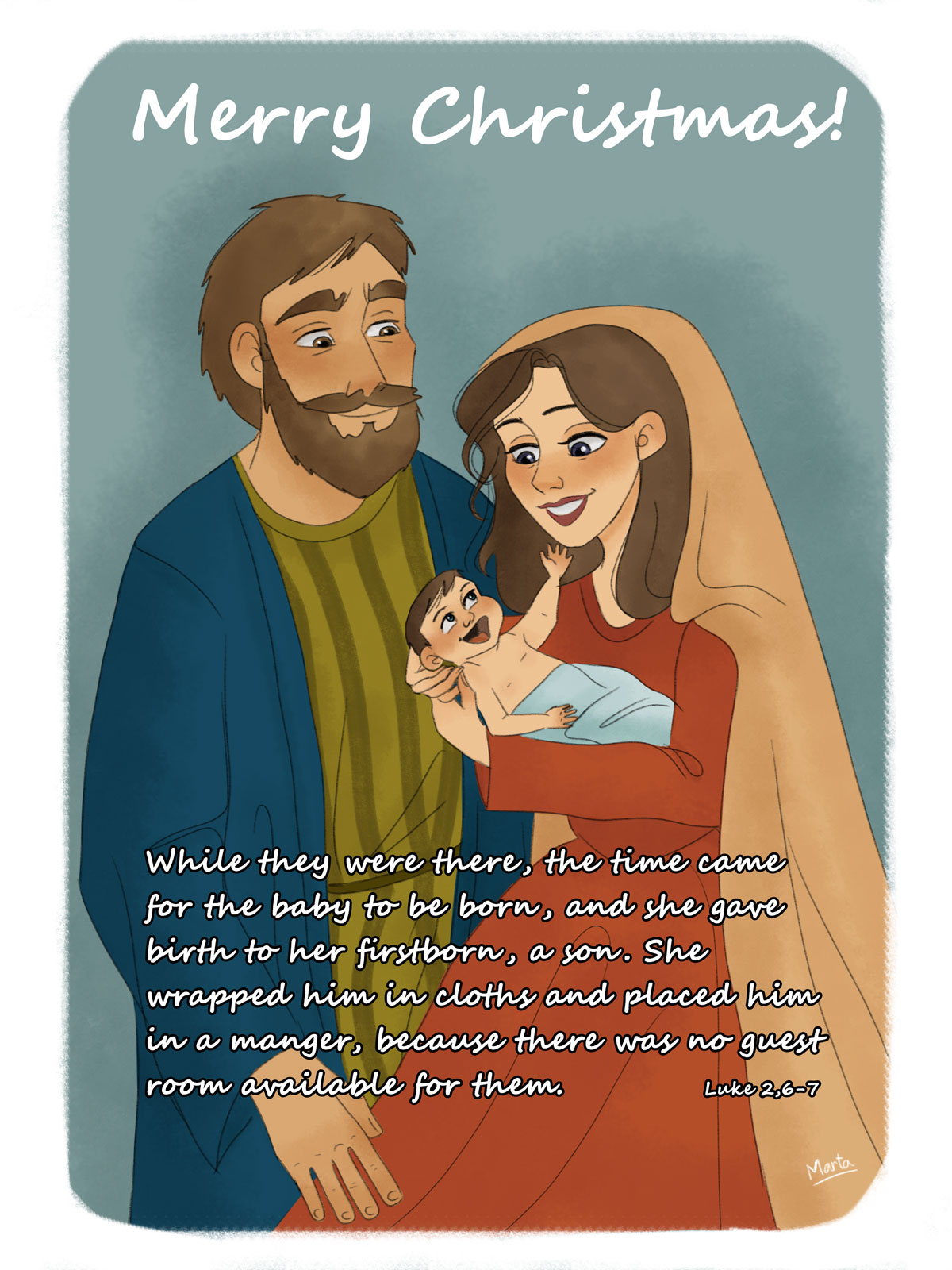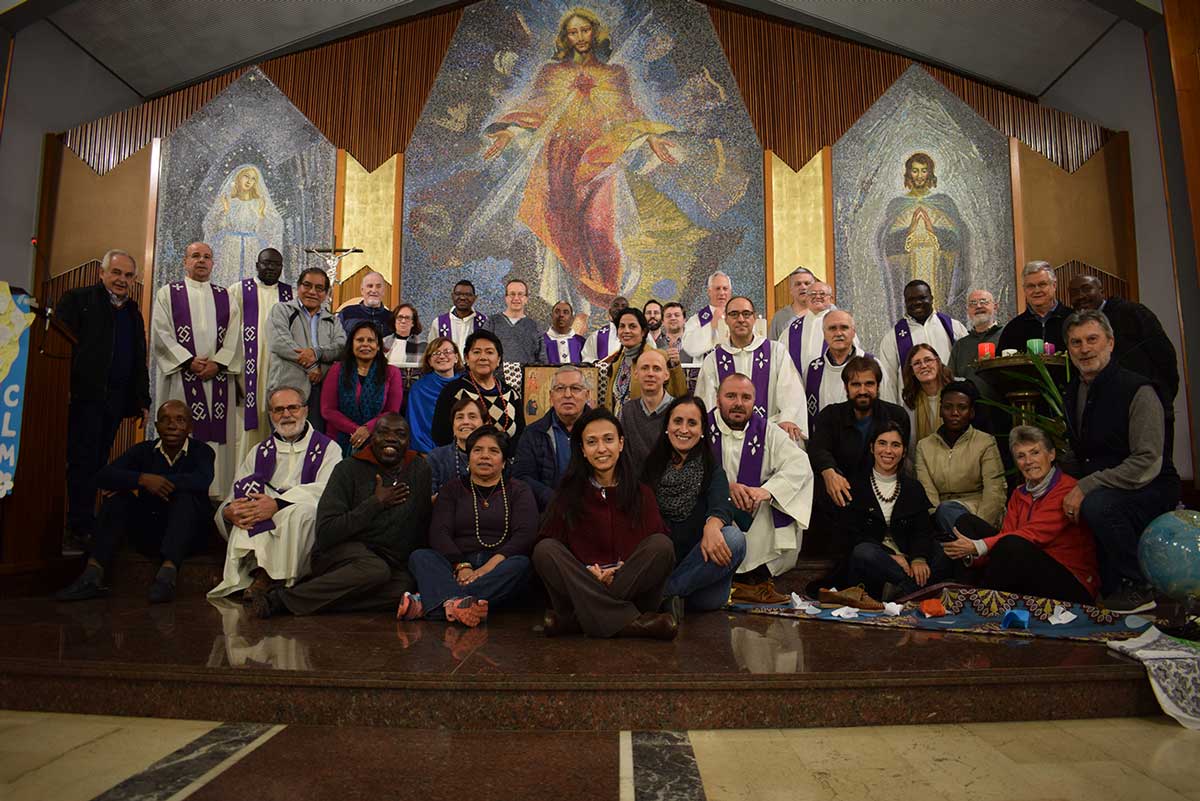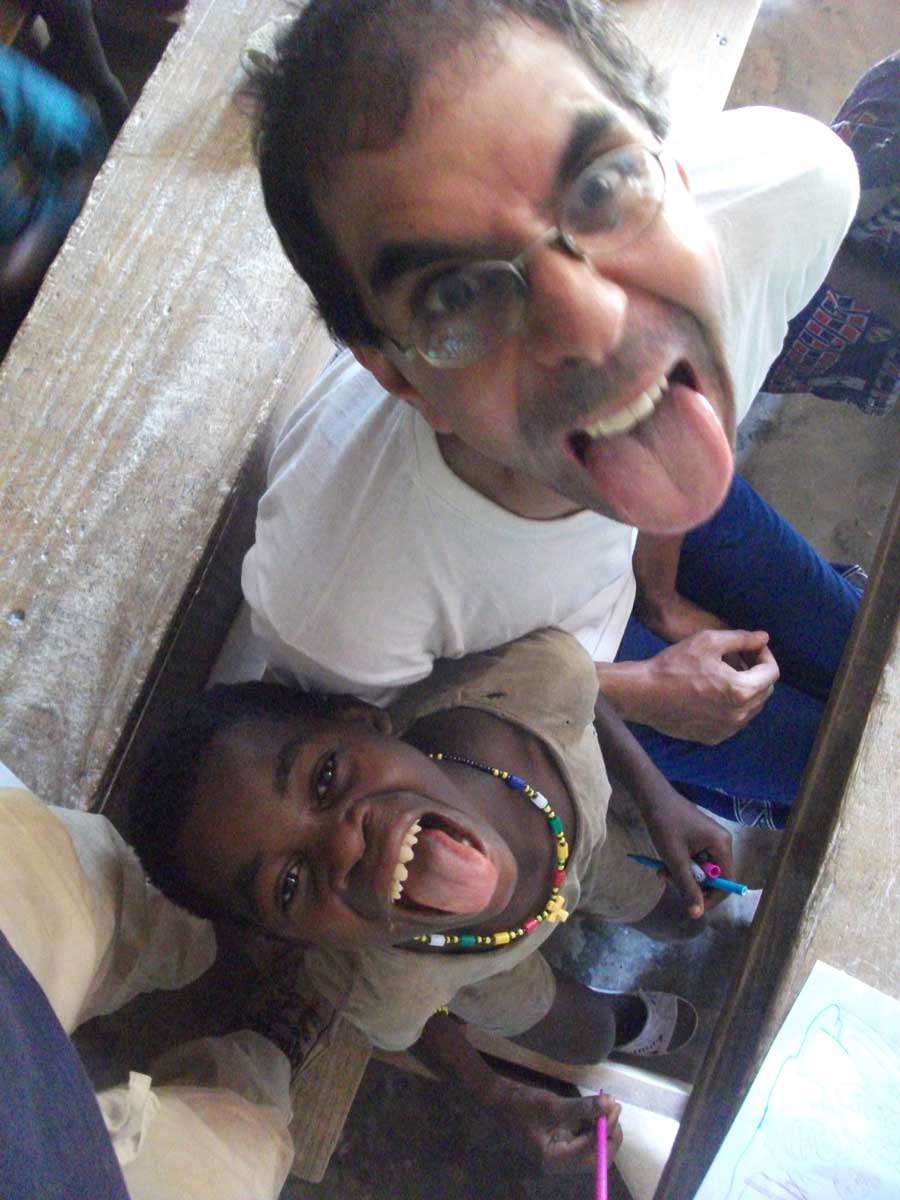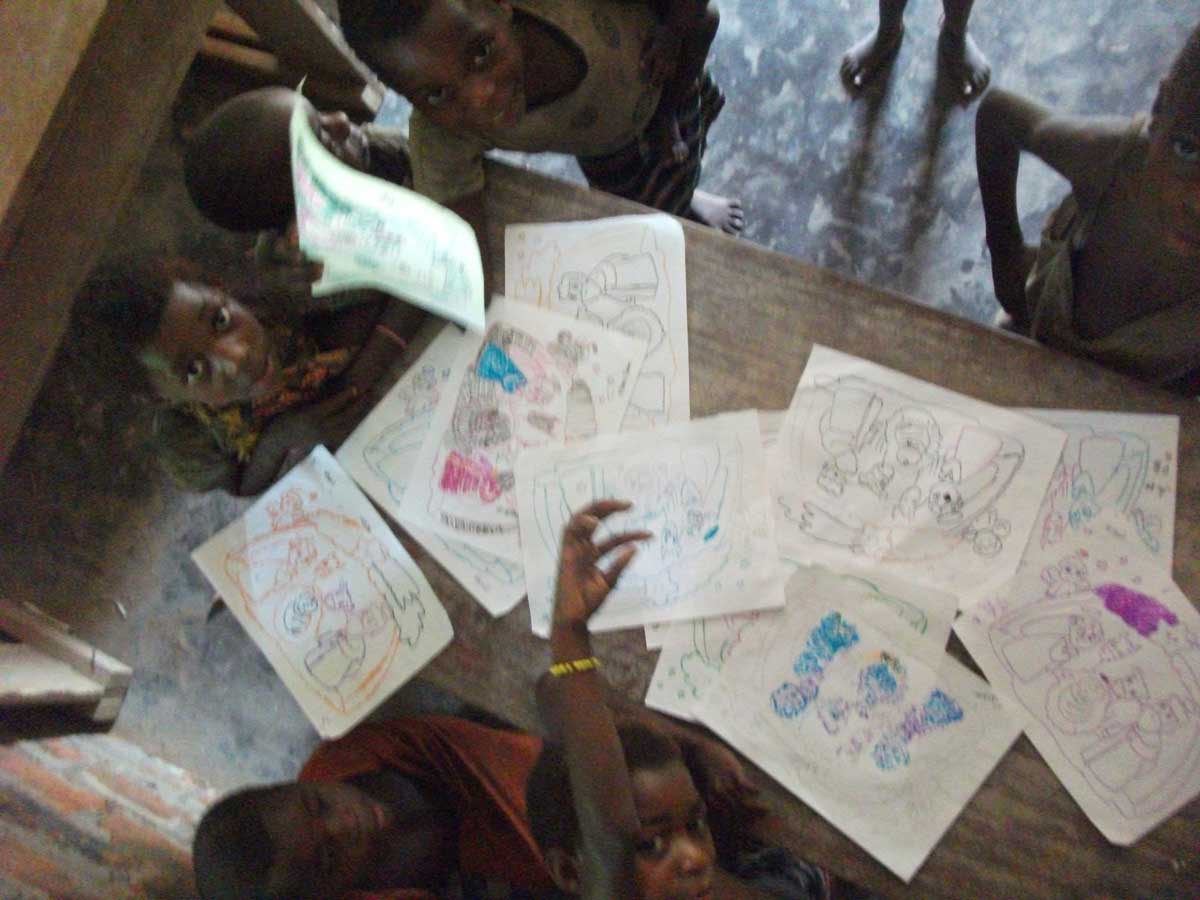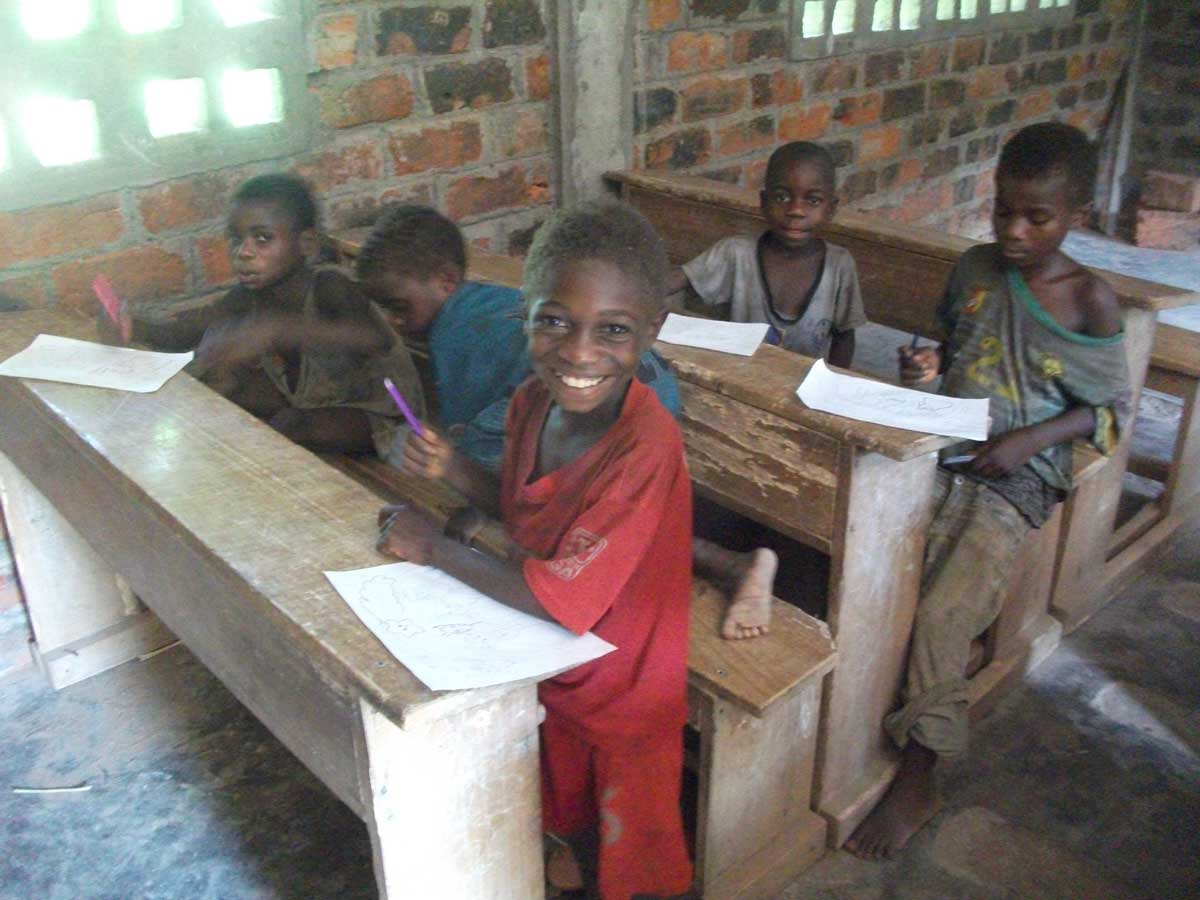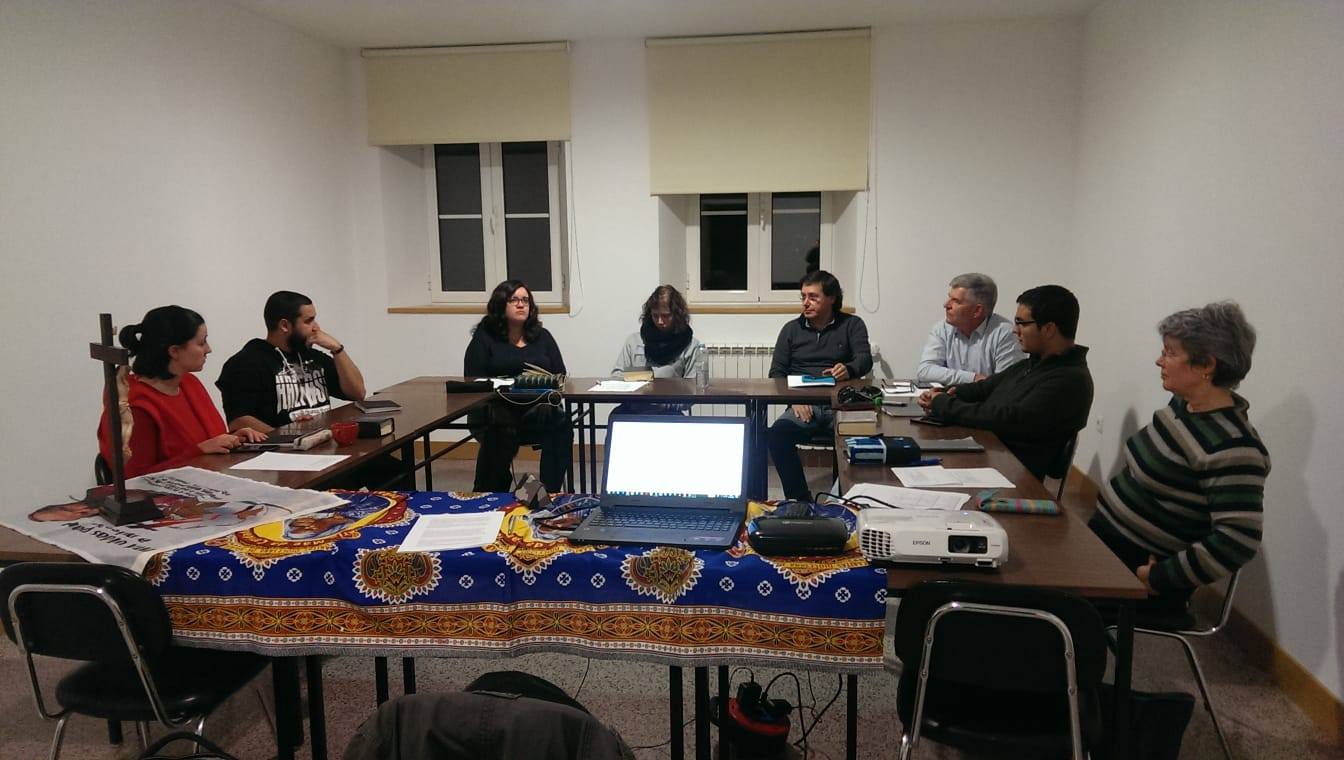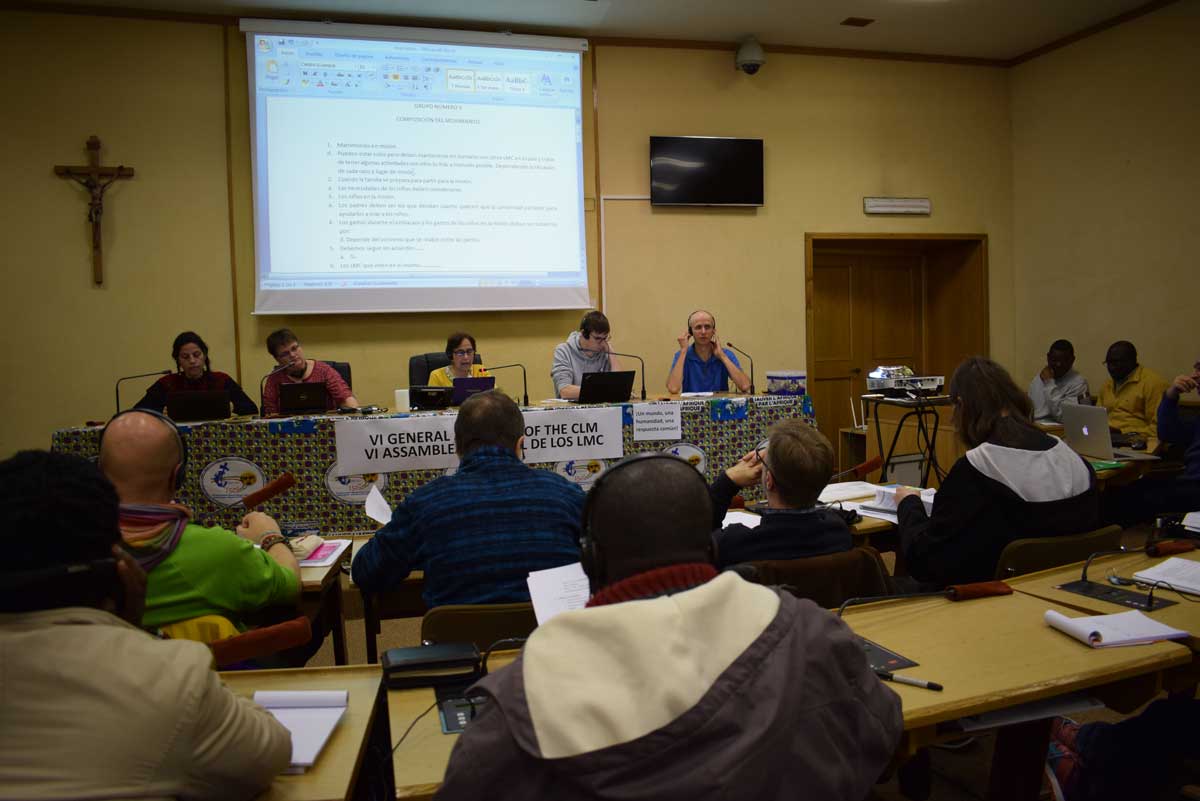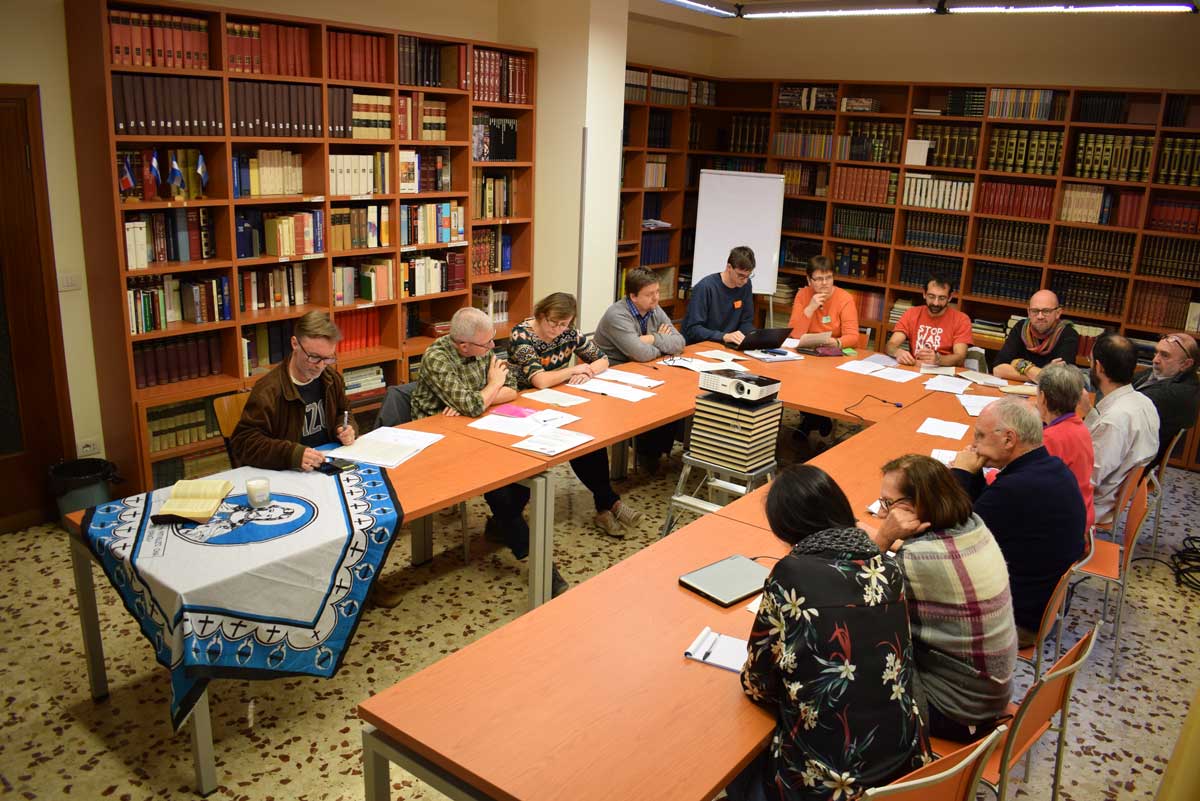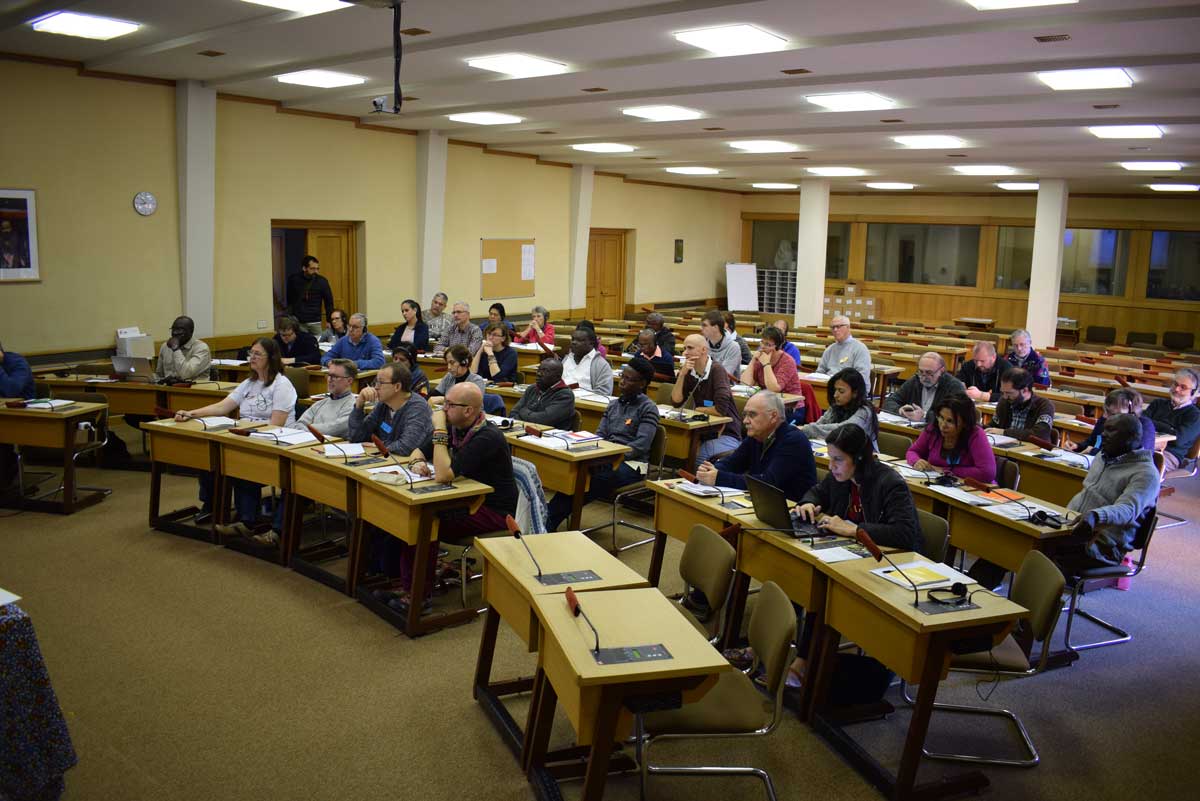Europe
The 6th General Assembly of the CLM ended in Rome… Forward in mission
 The 6th General Assembly of the CLM just ended in Rome. During these days it was difficult to write and share with everyone all that was happening. It was a very intense week of group work and plenary assemblies in various languages, leading to approvals by consensus.
The 6th General Assembly of the CLM just ended in Rome. During these days it was difficult to write and share with everyone all that was happening. It was a very intense week of group work and plenary assemblies in various languages, leading to approvals by consensus.
It was also a week of personal encounters, where we interacted with the lives of other people, and we have come to understand a little better how each one lives our common CLM in each country, and in each culture. During it, we have rejoiced in the gains, worried over the difficulties, we were encouraged to stand by the wounded and those who are ill. And all of this was done in a spirit of the international CLM family that wants to be present in mutual support of our vocation and in supporting the service the Lord entrusts to us as an international CLM movement.
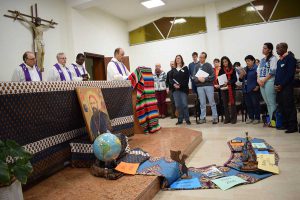 It was also a privileged time of prayer and joint celebration. A time to share our faith and our common CLM vocation. Each one is called by Jesus to go out to meet humankind, having a personal encounter with the weakest and most marginalized members. Jesus, whom we are expecting during Advent, was not born in a palace among the powerful, but looked for acceptance in the peripheries and ended up being born in a humble manger. With his birth he shows us where we must be in order to meet him.
It was also a privileged time of prayer and joint celebration. A time to share our faith and our common CLM vocation. Each one is called by Jesus to go out to meet humankind, having a personal encounter with the weakest and most marginalized members. Jesus, whom we are expecting during Advent, was not born in a palace among the powerful, but looked for acceptance in the peripheries and ended up being born in a humble manger. With his birth he shows us where we must be in order to meet him.
This was also a time when Mary was very much present. In our little crypt we had an image of the Virgin of Guadalupe. There Mary stands by as the intercessor of the indigenous people of America, making possible the inculturation of our faith. She is the teacher on our journey. Mary takes us to Jesus in this time of Advent, a time of hope. She, in all her different attributes, was very much present in our week, as a mother who wants to journey with us.
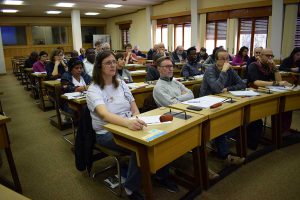 At the foot of the altar, Comboni constantly reminded us about the specifics of our vocation. It is a vocation that wants to be “Catholic” (universal), because the regeneration of the world will take place only if we do it together.
At the foot of the altar, Comboni constantly reminded us about the specifics of our vocation. It is a vocation that wants to be “Catholic” (universal), because the regeneration of the world will take place only if we do it together.
A globe of the world also stood by the altar, representing all these situations we are called to serve, starting from our mother earth, mistreated by over-exploitation, by taking care of its children who suffer the inequalities of this world, the unjust system of access to the resources and the marvels God planted for all, that we may have life to the full.
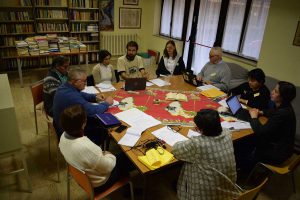 We shared the journey of these last six years all across the world. Many realities of our humanity came to the surface from the various places where CLM serve. We want to continue to be a Church on the move, never comfortable but moving on with humility to accompany the lives of those who are impoverished, to recognize the richness of diversity, to constantly learn together the face of God in the best possible way, as read and discovered in each world culture.
We shared the journey of these last six years all across the world. Many realities of our humanity came to the surface from the various places where CLM serve. We want to continue to be a Church on the move, never comfortable but moving on with humility to accompany the lives of those who are impoverished, to recognize the richness of diversity, to constantly learn together the face of God in the best possible way, as read and discovered in each world culture.
We are a community of communities intending to be present where the Lord places us. We want to look around without blending in, to reach these frontier realities, where others do not want to go, and become one with the people. We are ready to leave our land or to make our own the mission realities in our land. Because mission is not concerned with borders and geography, but with people. It is a globalized world needing a common answer.
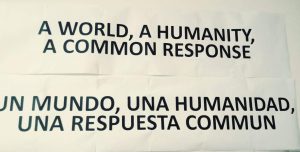 For this we acknowledge, shout and pray: One world, one humanity, one common answer!
For this we acknowledge, shout and pray: One world, one humanity, one common answer!
This is why have sung several times, that “Tudo está interligado, como se fôssemos um… tudo está interligado nesta casa común” (“all is interconnected, as if we were one… everything is intertwined in our common home”).
Now we enter a time of prayer, of discernment in order to perceive the passing of the Lord through our lives, our assembly, to understand the conclusions that received our consent.
It is a time of study, reflection and prayer in each one of our communities, because, just like the Word, these conclusions read in the community have a fuller meaning.
May the Lord grant us courage to move forward and the fidelity to stay together in Him during this missionary service.
Merry Christmas to all!
Alberto de la Portilla, CLM
Logbook of Simone Parimbelli
Hi to everyone. How are you? I have not written in 6 months and it is six months that I have not moved from Mongoumba. What can I tell you? I am well, as the Italian song says, it is difficult to find very serious words to pass on the emotion lived with the suffering humanity of the Central African Republic. I will try to reach your hearts on the strength of images from our pigmy children of Mongoumba…
Looking without speaking… to remain in your thoughts and prayers in this time of Advent.
Light blue like you, like the sky and like the sea
Golden like the light of the sun,
Red like the way you make me feel.
…I draw grass, green like HOPE… like unripen fruit
…and now some blue, like the night
…white like its stars, with shades of yellow
…the air of MONGOUMBA can only be breathed…
…I do not have a color for storms
and with what is left I draw a flower non that it is CHRISTMAS, now that it a time of love…
Paul, Pierre, Marie, Albert
Dimanche, Pierre, François
Albert, Andre, Philippe, Guy
Marie, Terese, Marcel, Gabriel
Simone Anna Cristina Augusta…
…Merry Christmas to all!
Simone Parimbelli, CLM in CAR
Third Formation Unit – Lay and missionary spirituality
On November 17-18 we gathered once again at the Comboni Missionaries’ house in Viseu for our formation meeting, moderated by the CLM Carlos Barrios, on the theme of “lay and missionary spirituality.”
What is spirituality? Spirituality or spiritualities within a larger spirituality? What does it mean to be a lay person in the Church today? What is the place and what are the concrete ways of spiritual life of the lay vocation? What are the aspects that distinguish being and living as Comboni Lay Missionaries, in the light of the CLM directory and the recently approved Statutes?
Through the moments of formation directed by Carlos, group sharing, personal reflection and prayer, we tried to answer these questions and – above all – to understand what is for each one of us the concrete meaning of all that we listen to and reflect upon in this meeting, and, from here, to find concrete resolutions to move towards an ever deeper and more intimate relationship with Christ and a greater communion with others.
Above all, we gathered from this meeting that we were all made, created, and dreamed of for the same reason: to understand the presence of God, to embrace it and to shape our lives in such a way that this presence will be always deeper and lived. Each one on our own path; and the concreteness of each one’s life. Gaining in our intimacy with Christ we give better witness and move towards holiness.
The Sunday was different: in groups, we shared and reflected on concrete proposals in the context of the preparation work for the General Assembly of the CLM to be held in Rome on December 11-16. It was a great opportunity for each one of us to share ideas, to learn more about the Movement of the CLM giving each one the power to contribute individual thoughts and reflections, in any way, on the development of this Movement.
CLM, Portugal
VI International Assembly of the Comboni Lay Missionaries in Rome
The VI International Assembly of the Comboni Lay Missionaries (CLM), held every six years, is underway in the General House of the Comboni Missionaries in Rome (11-17 December). The participants are 51. In addition to the representatives of the CLM and the Comboni Missionaries who follow them in their respective countries, coming from 20 African, European and American nations, Sr. Ida Colombo, of the General Council of the Comboni Missionaries Sisters, and Maria Pia Dal Zovo, of the central council of the Secular Comboni Missionaries, also participate.
The Assembly began with the words of welcome from Alberto de la Portilla, coordinator of the Central Committee of the CLM, and of Fr. Pietro Ciuciulla, on behalf of the Comboni General Council.
The morning of the first day, 11 December, was dedicated to prayer, reflection and sharing, under the guidance of Gonzalo Violero García and Maria Carmen Polanco Delgado, CLM from Spain. In the afternoon, the participants gathered by continents.
Yesterday, 12 December, the feast of Our Lady of Guadalupe, each continent presented a report of the activities carried out over the last six years and the main challenges for the future; the Central Committee’s report and the 2012-2018 economic report followed.
In the afternoon, reflection began on the first theme of the Assembly, which concerns the organization of the CLM (composition, structure, international community and economy).
Today and in the coming days, the CLM will discuss three other major themes: formation and spirituality, the mission of the laity, the fundamental documents of the CLM. There will be time to speak in a special way of the international communities, to share the life experiences of the CLM in the different continental contexts and to inform about the current relationship of the CLM with the Comboni Family.
In moments of prayer and Eucharistic celebrations, the assembly prays for all the CLM members, in particular for those who find themselves working in difficult contexts, such as, for example, in the Central African Republic.
May the light of the Holy Spirit enlighten the participants in this Assembly and the CLM in general, so that they may give continuity to the work and charism that St. Daniel Comboni started!




